As you reflect on the color of the gold apricot fruit, a bright and sunny picture comes to your mind with that sweet and tart taste. Hiding inside those stones is something magical: the kernel of the apricot. Very small, yes, but powerful in both nutrient and history values, this subject has lately piqued quite an interest worldwide in the context of wellness. For centuries, the traditional medicinal practice and cooking application of apricot kernels has given them their importance. Apricot kernels have emerged as a nutritional powerhouse, having garnered popularity from an impressive profile that includes everything from skincare and holistic health. Thus, knowing its benefits, usage, and consumption is the best way to know how it could be applied for good use.
What Are Apricot Kernels?
Apricot kernels are the edible seeds that grow in the hard pits of apricots. They look like little almonds with a slightly bitter taste; this bitterness is even more pronounced in the case of wild varieties. These seeds are found in fresh and dried apricots usually hidden until the fruit is processed. There are two basic types: bitter apricot kernels, which have higher levels of amygdalin, and sweet kernels, which have a milder taste with fewer amounts of the compound present. Both varieties have been used in traditional medicine and culinary applications, but caution should be exercised when consuming any type of apricot kernel.

Nutritional Benefits of Apricot Kernels:
Apricot kernels are a credible source of healthy fatty acids, protein, and fiber. They additionally provide some vitamins and minerals such as:
Vitamin B17 (Amygdalin):
Certain people think that it has anti-cancer properties, but scientific conflict remains unresolved.
Vitamin E:
Is a strong antioxidant contributing to skin and immune health while preventing oxidative stress.
Iron and Magnesium:
Essential for energy production to ensure good health and muscular functioning.
Thanks to these components, apricot kernels are kind of general health supplements. Due to their nutrient-dense profile, they are encompassed in a variety of natural wellness therapies mostly within holistic health circles.

Potential Health Benefits:
Antioxidants :
Vitamin E and other antioxidants of apricot kernels may help to stop oxidative stress associated with aging and chronic diseases. Antioxidants help to mop up free radicals and resultant cellular damage.
Immune boosters :
Some researchers suspect that certain compounds present in apricot kernels can help boost the immune system’s capabilities. It is said that these help induce resistance to infections and illnesses.
Anti-inflammation :
Apricot kernels were considered anti-inflammation agents applied for many years in arthritis-related inflammation. They work probably to relieve symptoms of joint aches and stiffness, thereby benefiting chronic inflammation.

Potential Risks and Concern:
One of the best problems with apricot kernels relates to their cyanogenic glycosides with specific relation to amygdalin. Upon consumption, amygdalin is capable of transforming into hydrogen cyanide, the toxic substance which, in high concentrations, is capable of causing harm. Symptoms and signs of cyanide poisoning include but are not limited to dizziness, nausea, complications, and in high doses, failure of breathing. Bitter apricot kernel intake in large amounts has been associated with serious health issues, thereby necessitating a modification of their consumption. The government has cautioned against taking large amounts of raw apricot kernels, especially the FDA and EFSA. In order to minimize the risks, taking just a few bitter apricot kernels in accordance with the day is preferable, or sweet apricot kernels with lowered levels of amygdalin is appropriate. Following protection guidelines and advice from experts before consumption is highly recommended.
How to Safely Use Apricot Kernels:
When considering eating apricot kernels, the following directives should be followed:
Restrict Consumption: Limit to the recommended amount (not exceeding 1-2 kernels a day for an adult, according to type); otherwise, severe, health consequences may result from excessive consumption.
Use Processed: Some companies process apricot kernel products reduce amygdala content, thus making them safer.
Cook: Cooking or roasting may help decrease amygdala concentration, thereby making them safer for consumption. Processing of raw kernels using heat can further reduce these potential risks.
Culinary and Alternative Use:
Apricot kernels are used in:
Traditional Medicines: They have been applied in Chinese medicine for the treatment of respiratory as well as digestive ailments. Practitioners also hold that they assist in balancing lung functions and digestion.
Oils and Extracts: Due to its moisturizing and anti-aging properties, apricot kernel oil finds a very popular application in skin care. It is light, nourishing, and highly applied in cosmetics and hair care applications.
Flavors: Sweet apricot kernels sometimes substitute for almonds in cooking. They have a mild flavor suitable for various dishes, including desserts and baked goods, and for flavoring extracts.
Final Thoughts:
Apricot kernels have their pros and cons, creating a balanced mixture of health benefits and disadvantages. They contain nutrients and medicinal properties, but one would be extremely careful because of the cyanide content in the kernels. Knowing the difference between sweet and bitter apricot kernels could help regulate their use; however, the most important point is to consult a physician before beginning the use of apricot kernels in any diet, more so when medical conditions are to be considered or when the dosage is in doubt.
Would you give apricot kernels ago? Tell us in the comments below!
Written by hunzastore.com
Products
-
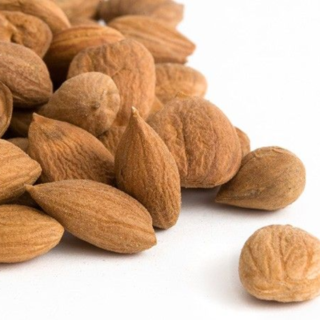 Apricot Kernals
Apricot Kernals
₨ 2,800Original price was: ₨ 2,800.₨ 2,700Current price is: ₨ 2,700. -
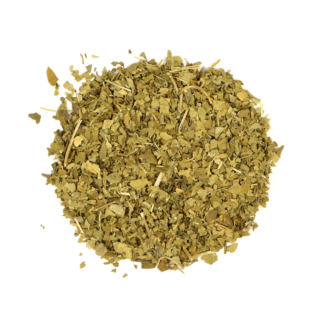 Gymnema Tea
Gymnema Tea
₨ 1,100Original price was: ₨ 1,100.₨ 1,000Current price is: ₨ 1,000. -
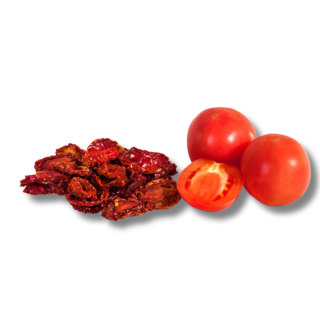 Organic Sun Dried Tomatoes
Organic Sun Dried Tomatoes
₨ 1,600Original price was: ₨ 1,600.₨ 1,500Current price is: ₨ 1,500. -
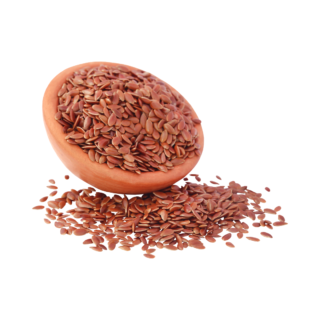 Organic Flax seeds
Organic Flax seeds
₨ 1,000Original price was: ₨ 1,000.₨ 900Current price is: ₨ 900. -
 Cherry Cider Vinegar
Cherry Cider Vinegar
₨ 1,150Original price was: ₨ 1,150.₨ 1,000Current price is: ₨ 1,000. -
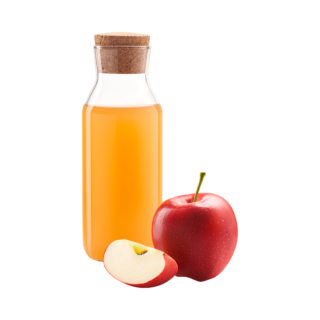 Apple Cider Vinegar
Apple Cider Vinegar
₨ 1,200Original price was: ₨ 1,200.₨ 1,150Current price is: ₨ 1,150. -
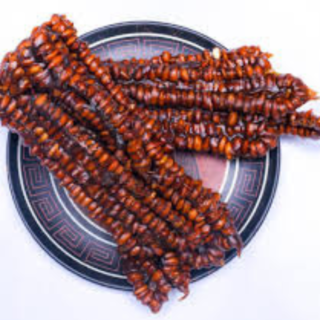 Organic Kilao Honey Walnut Mix
₨ 1,899 – ₨ 3,499
Organic Kilao Honey Walnut Mix
₨ 1,899 – ₨ 3,499
-
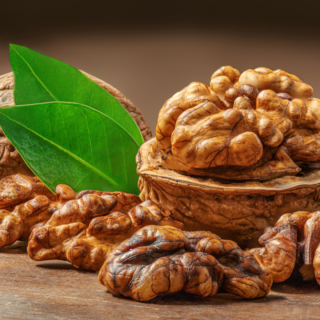 Hunza Organic Walnut Kernel Akhrot
₨ 1,200 – ₨ 3,800
Hunza Organic Walnut Kernel Akhrot
₨ 1,200 – ₨ 3,800
-
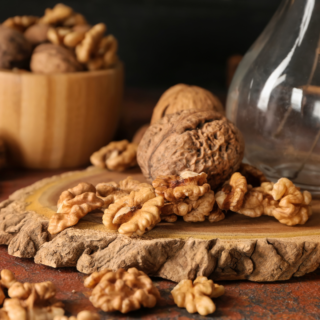 Hunza Organic Kata Walnut (Walnut With Hard Shell)
₨ 1,200 – ₨ 2,000
Hunza Organic Kata Walnut (Walnut With Hard Shell)
₨ 1,200 – ₨ 2,000
-
 Sea Bukthorn Oil
₨ 2,700 – ₨ 5,199
Sea Bukthorn Oil
₨ 2,700 – ₨ 5,199

Leave a Reply